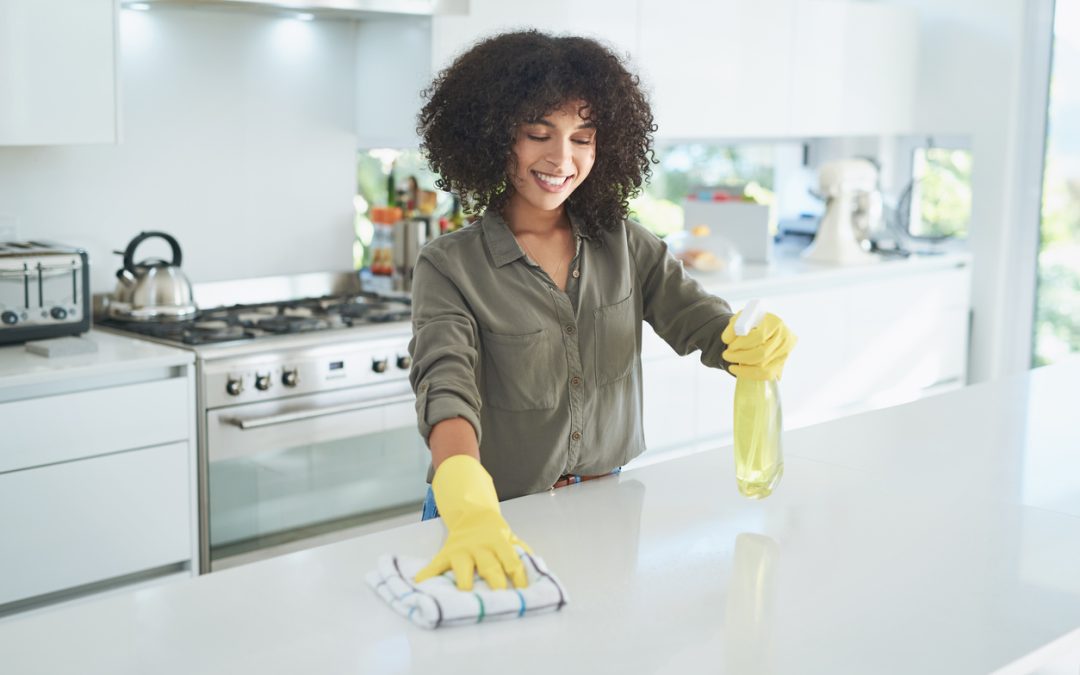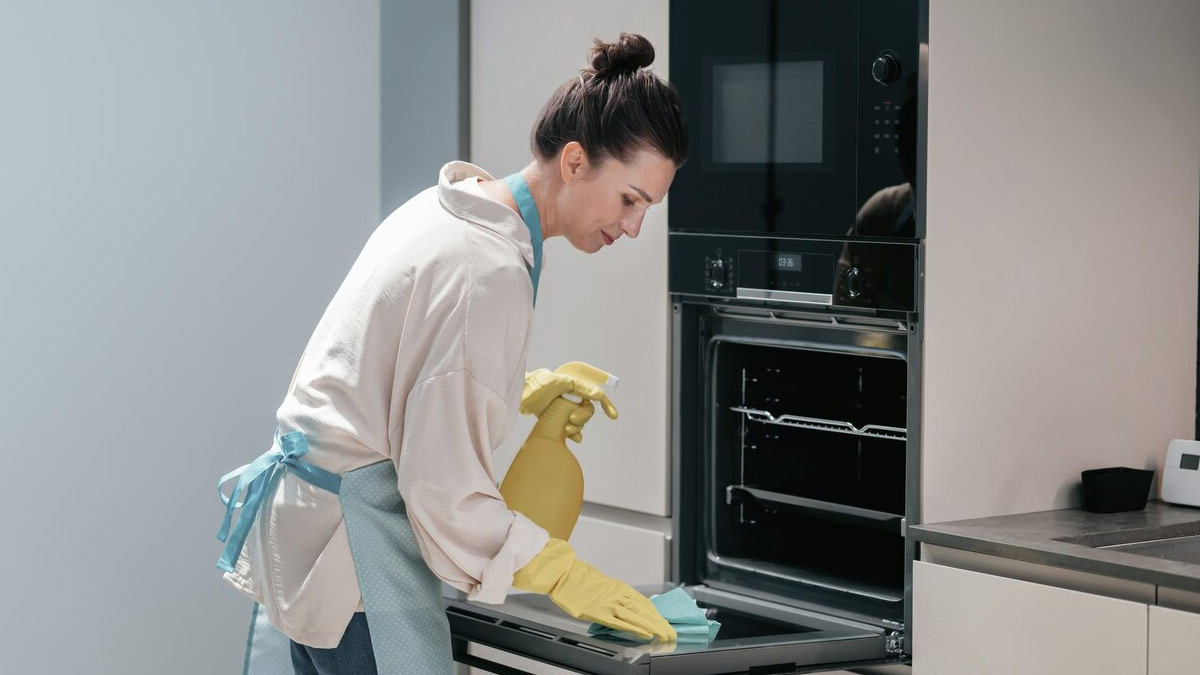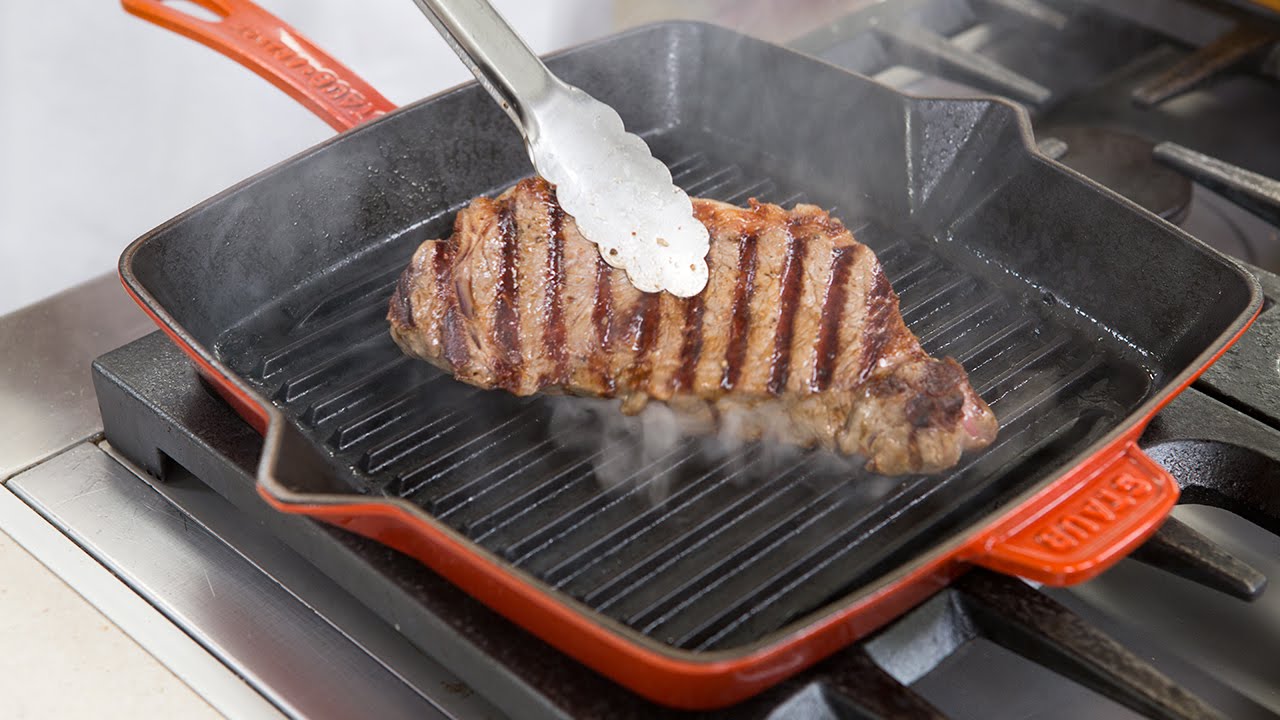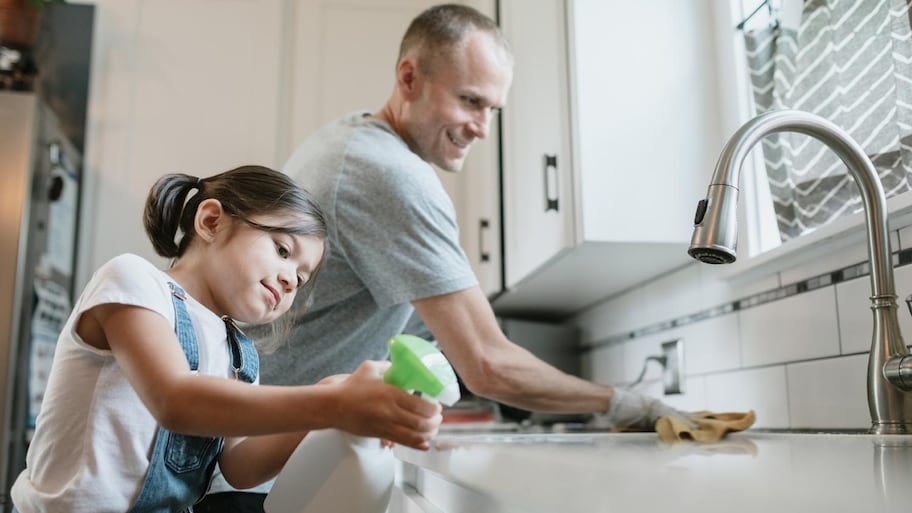As a kitchen professional, you rely heavily on your cooking tools, and one of the staples that hold a significant place in any seasoned chefs kitchen is the cast iron skillet. However, when you notice that your trusted cast iron is starting to flake, it can raise numerous questions. Why is my cast iron flaking? Is it safe to use? How can I fix it? In this article, we will delve deep into the reasons behind this common issue, preventive measures, and maintenance tips to keep your cast iron in pristine condition.
Flaking cast iron is not just an aesthetic issue; it can impact the performance of the cookware. As we navigate through the factors contributing to the wear and tear of cast iron, we will also explore practical, actionable solutions to ensure your cooking remains seamless.

Understanding the Flaking of Cast Iron
Knowing the reasons behind why your cast iron is flaking is important for any culinary expert. The inherent unique properties of cast iron cookware come with nuances that can affect its durability over time.
1. Heating and Temperature Shocks
One of the primary reasons cast iron can start to flake is temperature fluctuations. If a cold cast iron skillet is placed directly over high heat or suddenly exposed to cold water while still hot, this can cause the cooking surface to crack, ultimately leading to flaking. Learn more about caring for cast iron to avoid such scenarios.
2. Improper Cleaning Methods
Using harsh chemicals, particularly soaps that are not meant for cast iron, can strip away the essential seasoning that builds up and protects the surface. A flake may seem like nothing, but losing that layer exposes the raw iron, leading to oxidation and further degradation. It's crucial to know how to clean your cast iron properly.
3. Lack of Proper Seasoning
Another common issue is seasoning. Cast iron needs to be seasoned regularly to maintain its non-stick properties and to prevent it from flaking. Over time, if you don't maintain this seasoning layer, the cast iron can suffer from flaking and rust. Check your skillet for a shiny, smooth surface. If you notice patches or dull spots, its time for a seasoning touch-up.
4. Rust Development
Moisture is the enemy of cast iron. If your cookware isnt thoroughly dried after washing or is stored in a humid environment, it can develop rust, leading to flaking. Keeping your cast iron dry and properly oiled is vital in preventing this from happening. For detailed steps on how to keep your cast iron from rusting, refer to this guide.
How to Prevent Flaking
While understanding the causes of flaking is imperative for kitchen professionals, it's just as critical to know how to prevent it. Here are several key strategies.
1. Regular Maintenance and Oil Treatment
Keeping your cast iron in optimal condition requires ongoing effort. After every use, clean it using a gentle scrubber, hot water, and avoid soap. Once clean, dry it completely and apply a thin layer of oil to maintain the seasoning. This routine will ensure that moisture doesn't settle and lead to rust or flaking.
2. Avoid High-Temperature Shocks
Always allow your cast iron to come to room temperature before placing it on high heat. Gradual heating will prevent sudden temperature changes that could lead to flaking and cracking. Remember, patience is your ally in preserving your cookware's integrity.
3. Storage Guidelines
Store your cast iron in a dry place and avoid stacking other cookware on top of it. If stacking is necessary, placing a paper towel between the cast iron and other pots can help absorb moisture and protect the skillet's surface. For more on storing cast iron, visit this article.
4. Proactive Rust Prevention
If you notice early signs of rust, act immediately! Gently scrub the affected area with a non-metal brush and cook oil to remove rust. Re-season the affected area post-cleaning to restore its protective layer.
What If Flaking Persists?
In the event that flaking continues despite following these precautions, it may be time to consider reconditioning or even replacing your cast iron piece. Severe damage can compromise the usability and flavor of the food you prepare.
Reconditioning Process
If you find that the flaking has worsened, reconditioning your cast iron can breathe new life into it. Start by stripping away all the existing seasoning. You might opt for an oven cleaner or a self-cleaning oven method. Be sure to wear protective gloves! After youve removed the existing layers, clean it thoroughly and re-season it to restore both the aesthetic and functional qualities of your cast iron, similar to these steps.
When Replacement is Necessary
If your cast iron is significantly deteriorated, even after refurbishment, it might be better to invest in a new piece. An asset in any kitchen, quality cast iron pans improve with age but do require maintenance to keep them usable.
Conclusion: Importance of Proactive Care
In summary, as a kitchen professional, understanding why is my cast iron flaking can help you avoid future mishaps in your culinary endeavors. By maintaining, cleaning, and storing your cast iron appropriately, you not only prolong its life but also enhance your cooking performance. Flaking exists as a signal, not just of deterioration, but as a reminder of the importance of care in the kitchen.

FAQs
1. Can I still use my cast iron skillet if it's flaking?
Using a flaking cast iron skillet is not recommended as the flakes can contaminate food. It's best to address the issue first.
2. What is the best way to clean cast iron?
The best way to clean cast iron is with hot water and a gentle scrub. Avoid soap and always dry it thoroughly to prevent rust.
3. How often should I season my cast iron?
As a general rule, you should season your cast iron after every few uses or when you notice the surface becoming dull or sticky.
This article contains affiliate links. We may earn a commission at no extra cost to you.





Leave a comment
This site is protected by hCaptcha and the hCaptcha Privacy Policy and Terms of Service apply.